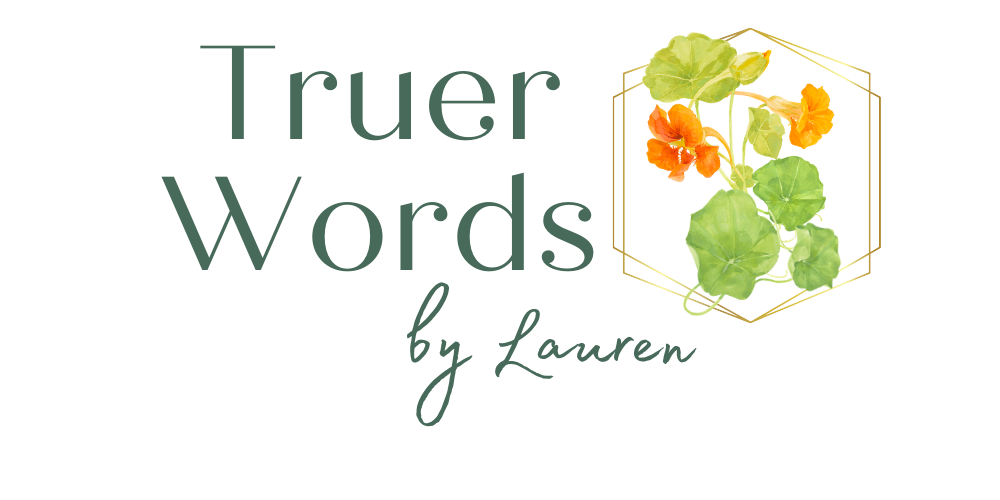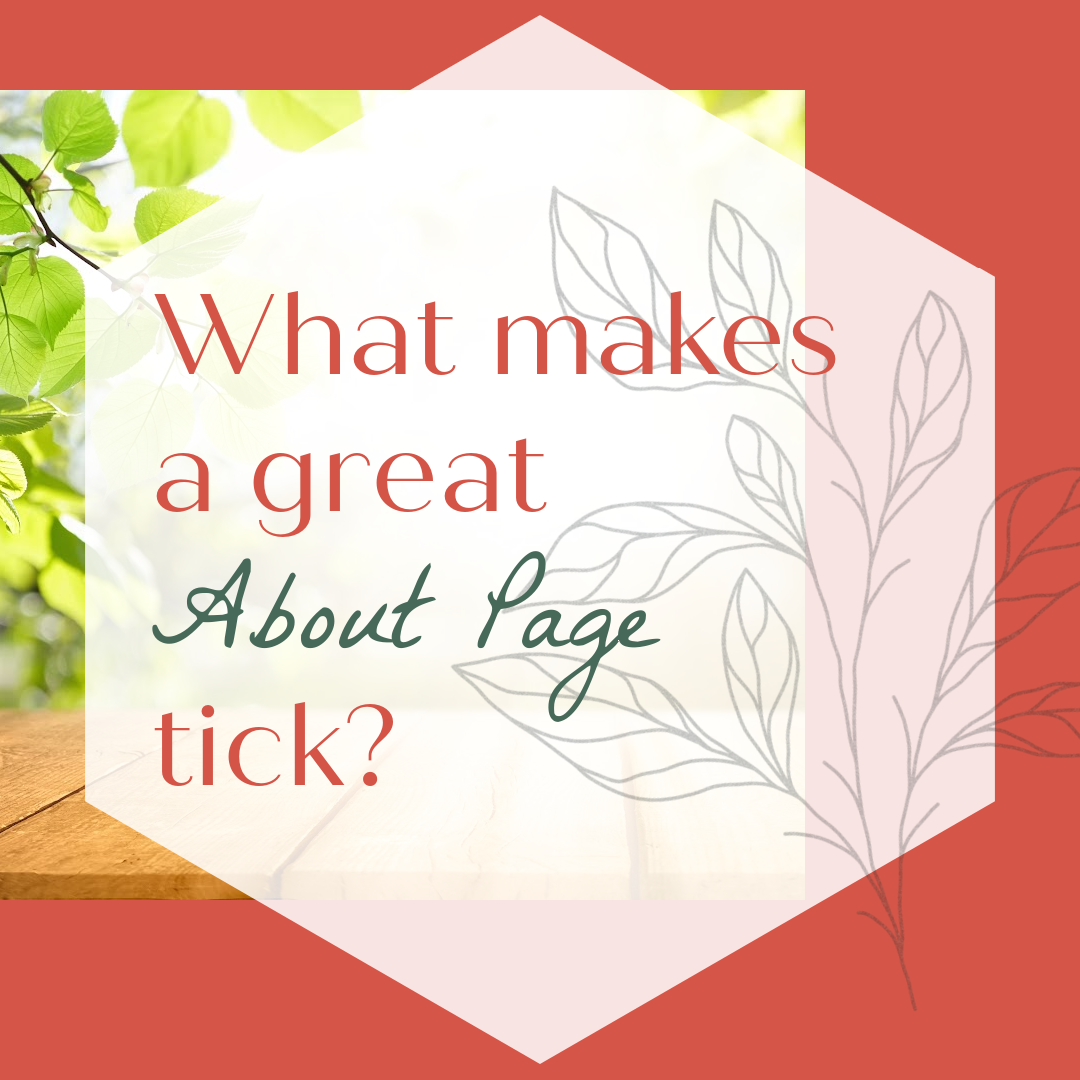What makes a great About Page tick?
How About Pages Work to Get Perfect-Fit Clients
About pages are notoriously difficult to write. The struggle is real, as is the pressure, because your About page is where your potential clients decide whether or not to contact you. It’s also one of your best filters to make sure only the best-fit prospects contact you.
The goal of your About Page isn’t just to tell your story (that’s a tiny part of it). It’s actually to forge an emotional connection with your ideal clients in an authentic way, helping your people identify you as being a good fit for them.
But how to know what to share? We are multi-faceted beings with so much we could share - so what makes the cut and what gets left out?
This is where market research comes into play. Your ideal client probably doesn’t need to know where you went to school, and they don’t care about your resume, so what are they looking to know about you?
Essentially, your job is to figure out what juicy details about yourself will connect with your client and share those in an engaging way.
It’s a delicate balance between sharing yourself and connecting with your client’s needs, being relatable and showing that you understand and have solutions for their problems.
People often go to one of two extremes, creating either a navel-gazing monologue or what amounts to a thinly veiled sales pitch.
Neither of those forge the kinds of connection we’re looking for.
Creating About page alchemy
So what’s the alchemical formula for creating that reaction of “I need to work with this person!”?
Humans are wired for storytelling, so creating an engaging narrative is key to eliciting a sense of connection with your reader. When someone reads something that resonates they sense that, “This person gets me”.
And that, friends, is the magic moment, right there.
That sense of having things in common with someone is what makes people feel connected and seen, and the more that sense comes from something that is unique to you and your story, the better.
This is where authenticity is really important. Often there’s a part of our story that we feel awkward about sharing, but that might just be the part that qualifies us to be doing what we do - the part of our story that has your ideal client feel like we’ve been where they are now.
This is the story that needs to be told.
Reclaiming the tougher parts of our story has enormous potential for empowerment.
Recognising that the tough (maybe the toughest) things we’ve lived through are also what made us who we are and able to be of service to others in the way we are is essential to being able to communicate your point of view and what makes working with you exactly what your ideal clients need.
No life stories or resumes, please
Cultivating relatability is a big part of creating a powerful About page.
One of the key arguments I hear in response to this is the, “But I have to be professional” objection. “Professional” usually translates to copy that sounds like “I’m the expert, I know exactly what I’m doing and I’ve never made any mistakes.”
Not relatable. Not even human. Don’t let Spock write your copy.
Sharing things in a way that is humble and self-deprecating is relatable; you don’t want to sound braggy or self-aggrandizing. It’s not about minimising your accomplishments, just not having them front and center, so consider putting a minimal list of guest appearances or name-dropping past clients or places you’ve worked as a couple of bullet points in your “Fun Facts” section, way down at the bottom.
The fact is that people very rarely base their decision to work with you on your qualifications.
If you’re in a profession where your credentials are of legal importance (medical or psychology, for example) you can create a document with all the details of your education and training and link to it as a downloadable file, rather than listing everything on the About page.
People connect with heart and soul, empathy and a clear message. They need to know that you understand their problem, why you understand it, and that you know how to help them. Decision-making is mainly an emotion-led process, not a rational one, so creating that sense of connection is the most important task.
The mindset piece
Stepping out of some of those “playing small” behaviours can feel quite challenging.
Often the biggest challenge (particularly for women) in writing their About page is deeply owning that their story is worthy of being heard and that they have something important to say.
Working on our mindset around our worthiness to serve can have a huge impact on our ability not only to write a fantastic About page, but also to show up with more confidence and power in our work.
It’s normal to be insecure about how to present yourself as a newbie business owner. It’s normal to be nervous in front of a camera when you’re having your first photos taken for your website. Trusting that people actually want to see the real you is a process.
We are wired to want to fit in and standing out in the online world asks us to go against that very primal wiring so gentleness is important and possibly some external support if you’re struggling to find your voice.
Last thoughts
Bring on the weird.
That one thing (or 25 things) you love to do, that’s kind of random? Put that on your About page. It shows that you’re a unique individual living your best life and it brings joy - and that’s something you want to be associated with.
If you’d like to learn how to write an About page that connects (plus every other website page) join the next round of my Truer Copy Mastermind. We’re going LIVE October 4th!

